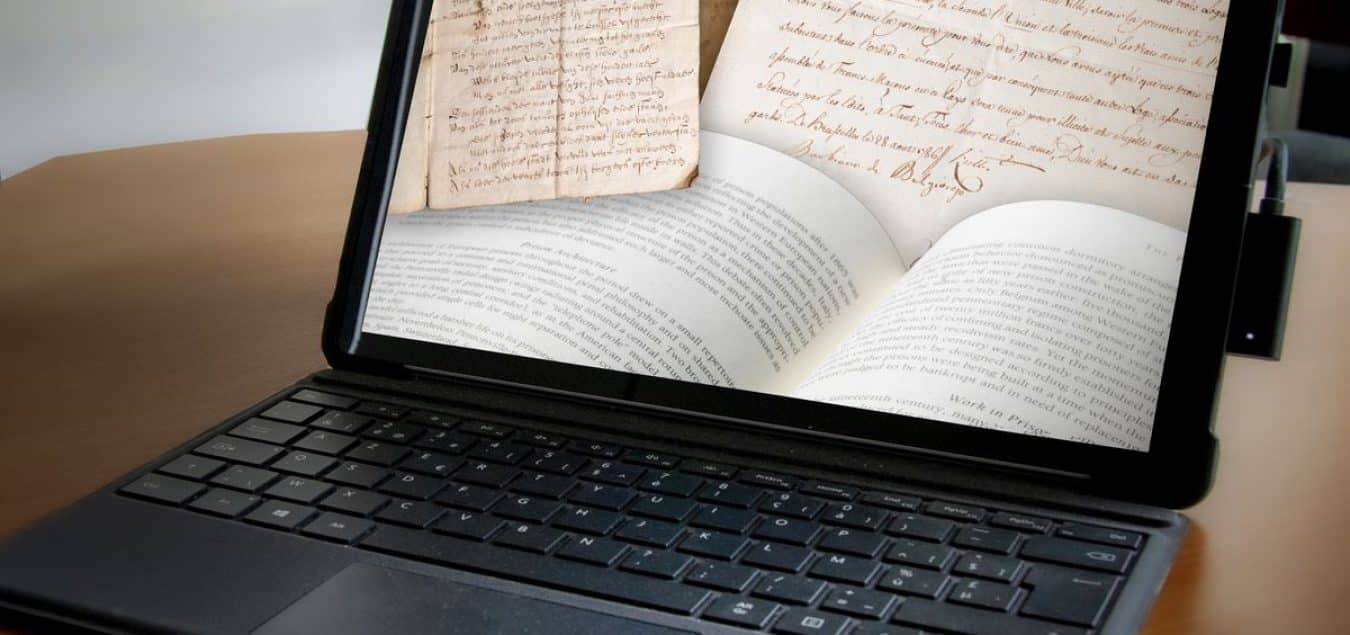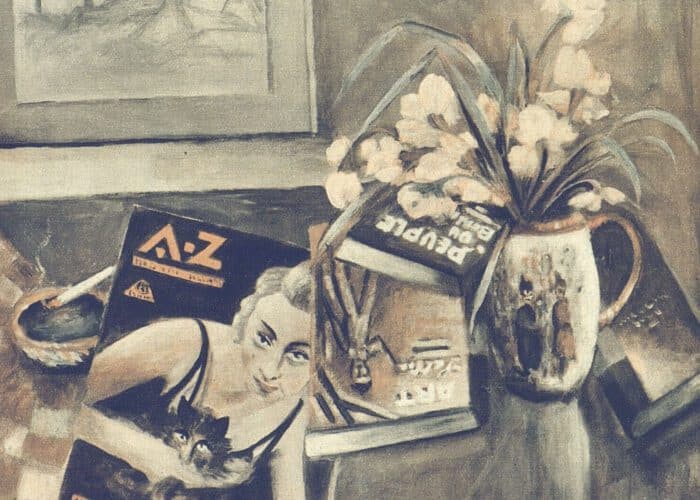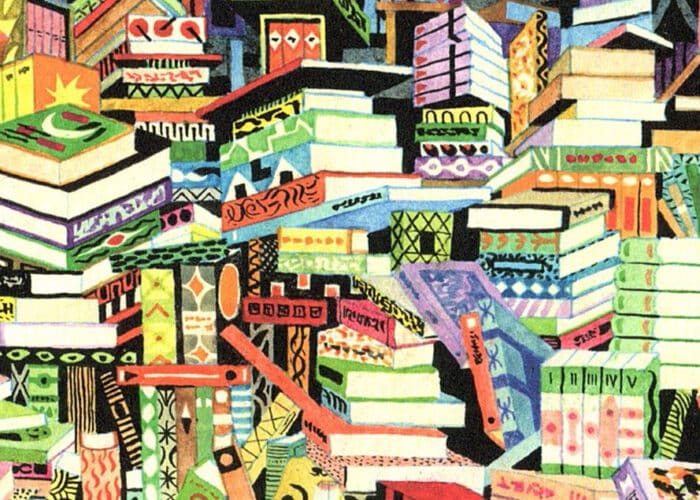
- Cet évènement est passé

Digital Heritage Seminar: Chris Tanasescu
Evénement en ligneDigital Humanities Research 2020-2021
Part II. DH Scholars in BE
KBR vous invite à participer à une nouvelle série de séminaires sur le patrimoine culturel numérique : le KBR-ULB-UGent Digital Heritage Seminar.
Lors de la deuxième partie de cette série qui se déroulera d’avril à juin 2021, nous accueillerons virtuellement trois chercheurs. Ils présenteront leurs travaux qui allient collections patrimoniales, méthodes numériques et humanités numériques.
Ces exposés, qui porteront sur une variété de sujets, de périodes et de méthodes, seront présentés en anglais. Les séances de questions-réponses se dérouleront en anglais, en français, ou en néerlandais. Le public cible est principalement constitué de chercheurs, mais le grand public est chaleureusement invité à participer aux séminaires.
Cette série de séminaires est co-organisée par les deux labs de KBR : Camille et le Digital Research Lab, en coopération avec l’Université libre de Bruxelles et l’Université de Gand.
Programme
- Mardi 25 mai (15:00 – 16:30): Computationally Assembled Collections, Live Archiving, Hybridizing Corpora: Poetry as/of Data | Chris Tanasescu, Professor & Altissia Chair in Digital Cultures and Ethics, UCLouvain.
The talk will analyze the opportunities and challenges of data for/as computational approaches to poetry, with specific references to the #GraphPoem project. The latter deploys natural language processing and graph theory applications in representing, analyzing, and expanding poetry corpora as networks. But where do we find the data for the corpora, and how do we collect and assemble them?
In poetry the question becomes even more critical as we deal with both traditional/‘page based’ and digital (or electronic literature) forms and genres. Combining these genres and form(at)s begs for artificial intelligence-informed approaches that treat them specifically, at times on a poem-to-poem basis, while also establishing a foundation for making them cohere into intermedially assembled collections and computationally assembled anthologies.
In an alternative scenario, databases are put together collectively as part of interactive coding events such as the ones presented over the past few years as “institute performances” at the Digital Humanities Summer Institute (DHSI). Participants contribute data and run coding scripts assembling, analyzing, and sampling them automatically and feeding them into live streamed archives with a community performing function. A third relevant data-intensive approach involves corpora that are hybridized by, or submerged into, other corpora both enriching and subverting the ‘original.’ The resulting consolidated data is fed to algorithms that comb the processed neighborhoods of words, lines of verse, stanzas, passages or entire works for probabilistically close replacements and thus output conglomerates of alternative readings and reconfigurations.
The conclusion will consider poetry in digital space and media as a possible experimental gateway to tackling the present-day more general challenges related to cataloging, managing, analyzing, and expanding multi and inter-medial data within an analytical-creative framework.
Durée: 1h30
Inscrivez-vous ici
L’inscription est gratuite mais obligatoire. Le matin du jour de l’évènement, vous recevrez un lien vers la vidéoconférence.
Si vous avez la moindre question, n’hésitez pas à nous envoyer un e-mail: whyvr.ovexubym@xoe.or ou nagbvar.wnpdhrg@xoe.or.


